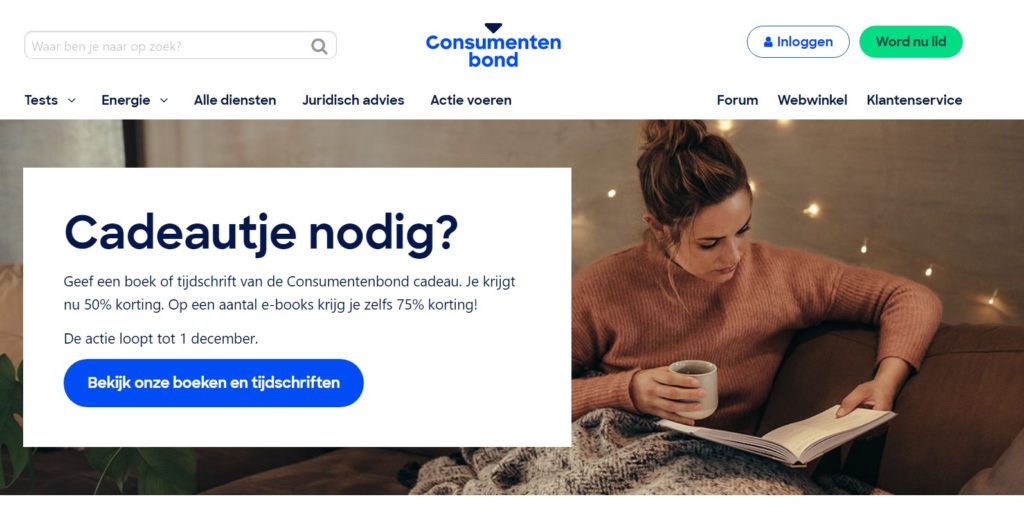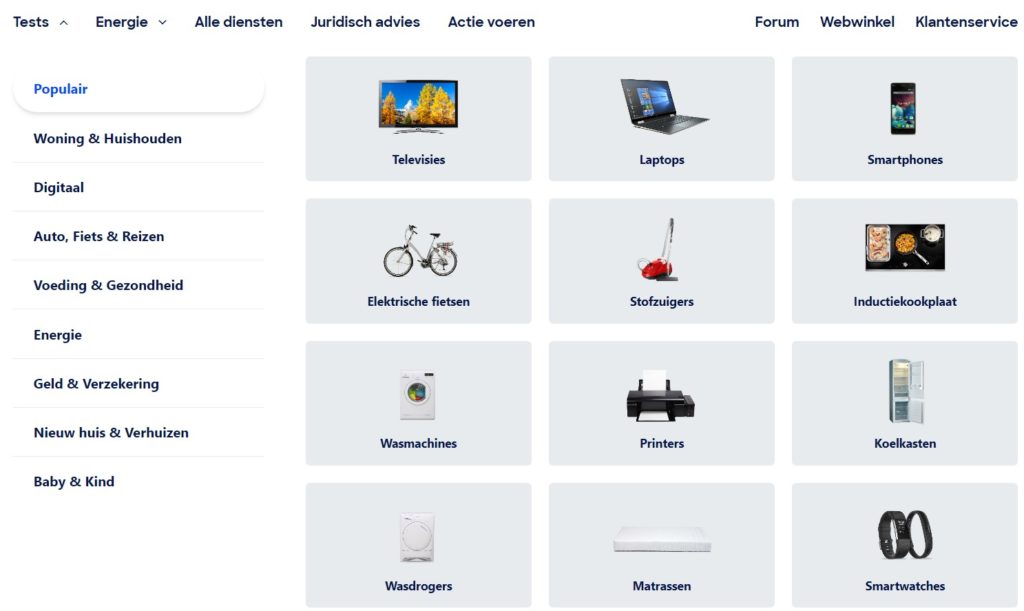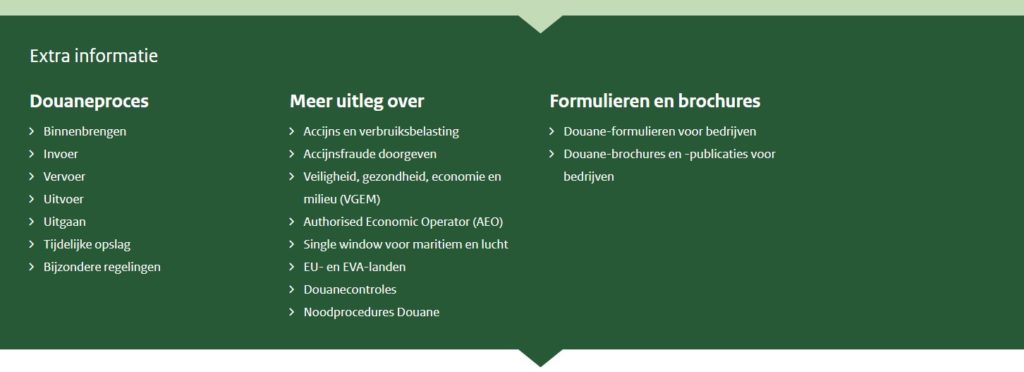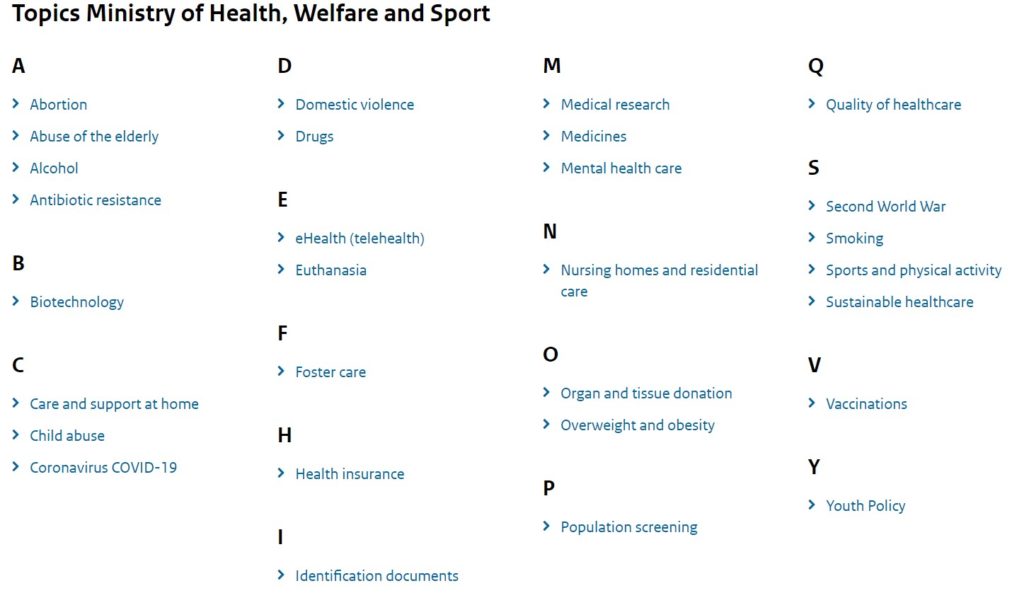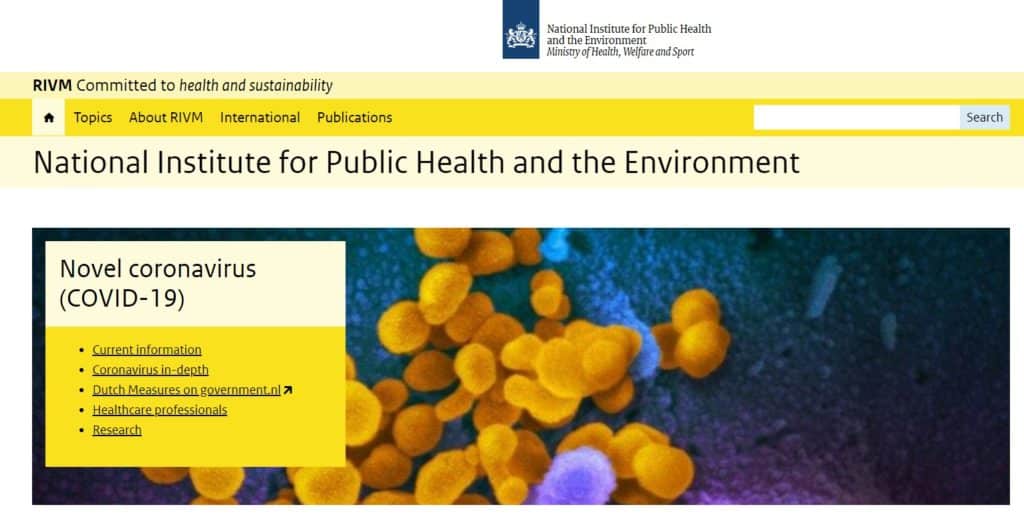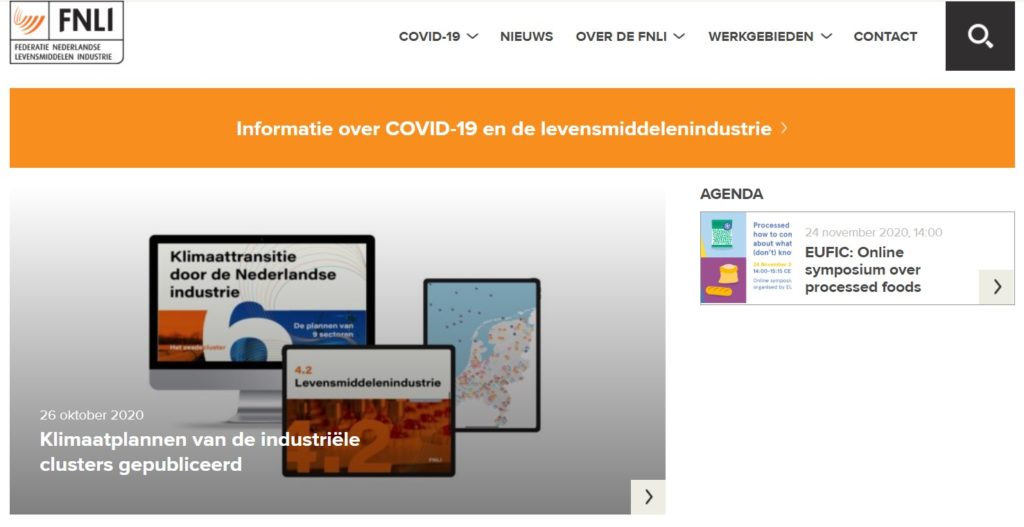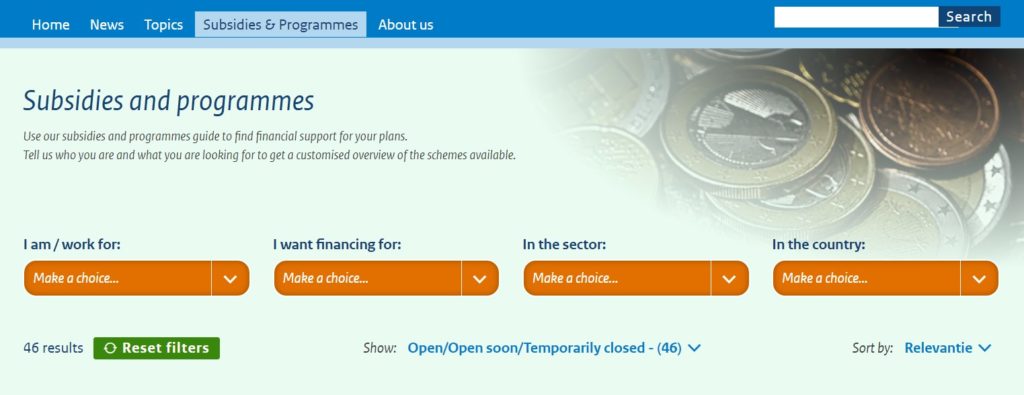This week we list our TOP 10 data sources to help you with your market research in the Netherlands. We have already named several sources to help you conduct your research in Europe (a full list of countries whose data sources have been analysed can be found at the end of this article). Next week we will reveal the data sources for the European Union.
As far as the sources for the Netherlands are concerned, a checklist among others, is also provided at the end of this article.
Summary
- Official national statistics
- Companies financial data
- Consumer protection
- Customs and border protection
- Sector data for your market research in the Netherlands
- Also worth consulting
Official national statistics
As always, the first source of data to consult when entering a market is national statistics. The vast majority of countries have an official authority that provides these figures. In the Netherlands, this is the CBS. You will find data and statistics on the population, the demographics of the country, the labour market, the economy, and so on.
The data that you will draw from this website and future official sources are essential for your research and the drafting of your business plan, as they give you an overview of the market and support your arguments and points of differentiation with investors in particular.
How to use this data for your market research?
- Define a geographical location (catchment area) based on regional demographics and economy
- Understanding consumer purchasing behaviour
- Defining competitors in the market
- Understanding some key legislative restrictions
This data will be particularly useful if you need to carry out PESTEL research (to find out more about PESTEL, click here).
Companies financial data
In the Netherlands, most financial information is available via private websites and databases. You can turn to the Chamber of Commerce (KvK)), which sells access to certain financial information. This information can also be consulted on the websites creditsafe.com and graydon.nl.
This financial analysis will be used to investigate the current situation of your competitors, but also that of your potential future suppliers and partners. This can be an excellent indicator to judge the health (and attractiveness) of a market.
For companies working in B2B, this tool will also be a valuable ally in defining the target and in building your list of prospects.
Consumer protection
For information on consumer rights, trends, consumer behaviour, but also on the products of your competitors in the Netherlands, we advise you to visit the Consumentenbond website. This non-profit organisation proposes legal consulting and numerous product tests that will be of great help to you.
In the “Tests” tab, you will find the product analyses classified by theme.
The categories proposed by Consumentenbond: popular searches, home and family, digital, transport and travel, nutrition and health, energy, money and insurance, real estate, baby and child.
This will enable you to position yourself concerning your competitors and confirm or deny the interest of your future product or service. Remember that the first idea is rarely the right one. Don’t be discouraged if you perceive a lack of alignment with market demand. Consider this as an opportunity to improve your primary idea.
Customs and border protection
If you want to import goods or services into the Netherlands or export them across borders, you will need to find out about the legislation imposed by customs. You can find this information on the website of the Dutch tax authorities, under the heading customs information for businesses (“douane voor bedrijven”). If you cannot find what you are looking for in the quick links proposed at the top of this tab, you will find a complete list of topics below.
Customs websites are an excellent source of data for your PESTEL research, especially for the “L” (Legal aspects).
We have dedicated an article to market research applied to the export sector. You can access it here.
Sector data for your market research in the Netherlands
Make sure that your market research is as complete as possible, and investigate the sector specifics related to your project. Below is an overview of the best sources of data for different sectors.
Health
Official data on the health sector can be found on the website of the Ministry of Health. In the “Topics” tab, the Ministry provides essential information around the following categories: Abortion, elder abuse, alcohol, antibiotic resistance, biotech, home help, child abuse, covid-19, domestic violence, drugs, e-health, euthanasia, foster families, health insurance, identification documents, medical research, medicines, mental health, residences and rest homes, organ donation, overweight and obesity, population screening, quality of health service, World War II, tobacco, sport and physical activities, sustainable social security, vaccines, youth policy.
For more information on specific subjects, you can also visit the website of the National Institute of Public Health and the Environment (RIVM). You can research a defined topic (top right of the page) or go to the “Topics” or “Publications” tabs which offer you a panel of data on different subjects.
Find data specific to medicines, their uses and the authorisations required for their marketing on the website of the Committee for the Evaluation ofs Medicinal Products.
The food industry
Information related to the food industry and its regulations are available on the website of the FNLI (the Dutch Federation of the Consumer Goods Industry).
You will find the regulations in terms of food safety in the tab “Werkgebieden – Veiligheid & Regelgeving”.
The National Institute for Public Health and the Environment has published a file on the eating habits of the Dutch, research that was carried out between 2012 and 2016. More information on the food industry can also be found on the ministerial website by clicking here.
Agriculture
In the Netherlands, the Ministry of Agriculture provides extensive data on the sector. You will find a focus on the different activities and regulations in the “topics” tab and publications about agriculture in the “documents” tab.
Housing
Data on the real estate and housing market are available on the government website in the tab dedicated to the theme “building and living”. You will find data for owners and tenants as well as essential information for builders.
Innovation
The Dutch Innovation Agency is known as the Business Agency. In the tab “Subsidies and programmes” you can enter various information about your project to find out about the subsidy options proposed by the government and the Dutch business support services.
Checklist
| Theme | Source of information | Interest for your market research in the Netherlands |
| Nationals statistics | CBS | Official figures to contribute to your PESTEL study |
| Financial data | Competition research, profitability of the sector | |
| Consumer protection | Consumentenbond | Market analysis, sector analysis |
| Customs and border protection | douane voor bedrijven | Legal aspects of the PESTEL analysis |
| Sector data – Health | Files on health issues and medicines | |
| Sector data – The food industry | Indicators on the food industry market and legal aspects | |
| Sector data – Agriculture | Ministry of Agriculture | Agricultural legislation, agreements and policies |
| Sector data – Housing | building and living | Housing market and related issues |
| Sector data – Innovation | agence pour les entreprises | Aid for innovation |
Also, worth consulting
- Top 10 data sources in France
- Top 10 data sources in Belgium
- Top 10 data sources in Switzerland
- Top 10 data sources in Luxemburg
- Top 10 data sources in Germany
- Top 10 data sources in the United Kindgom
- Top 10 data sources in Italy
- Top 10 data sources in Spain
- Top 10 data sources in Portugal
- Top 10 data sources in the EU
Illustrations: Shutterstock
Posted in Misc., Research.




